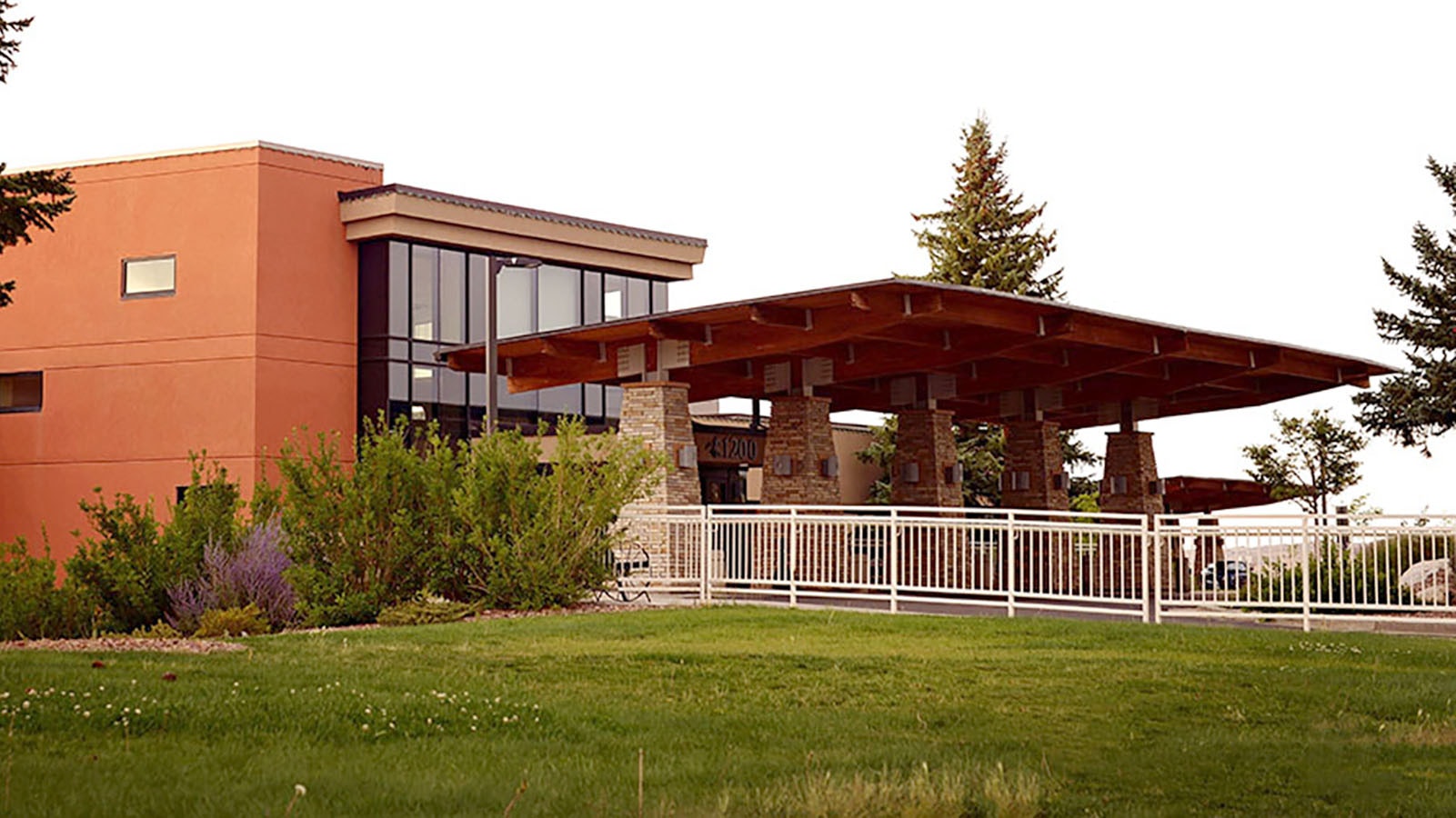Rocky Mountain Power, Wyoming’s largest utility, has set off quite a backlash with its request to increase rates by 30% or more.
Residents are concerned about their utility bills going up and major industries, such as Wyoming’s trona mines, are worried the rate hike will make them uncompetitive with China.
Health care is another industry that uses a lot of energy, and hospitals within the utility’s service area will feel the pinch should the Wyoming Public Service Commission (PSC) approve the hike.
James Horan, director of facility support services for the Memorial Hospital of Sweetwater County in Rock Springs,said the hospital runs 24/7, and its climate control systems run through hot summers and cold winters. These aren’t optional services.
“We use a lot of electricity. So, are we concerned? Yeah,” Horan said.
Budget Increase
When Cowboy State Daily asked how the rate hike might impact Banner Health in Casper, the provider only stated that it would do everything it can to offset any price increases for power or anything else to keep costs in line for patients and their insurance providers.
Tammy Love, CFO for Memorial Hospital of Sweetwater County, told Cowboy State Daily the provider was informed of the rate increase months ago and to be prepared, it built in the rate increase to next year’s budget beginning in January.
The 99-bed regional acute-care facility, which serves Rock Springs and the surrounding community, spends around $45,000 per month on their electricity bill. With the anticipated 30% increase, it will go up to $58,500.
Love said the hospital includes an electricity rate increase every year, and they’ve seen increases in the cost of labor, contracts and supplies every year.
“It’s what’s going on everywhere,” Love said.
Bottom Line
Those increases won’t fall on the patients’ bills right away. Health care is a highly regulated industry, so there’s only so much per year that they can increase what they charge for their services.
“It does affect our bottom line,” Love said.
Rep. Clark Stith, R-Rock Springs, told Cowboy State Daily the increase is going to impact a lot of businesses and Wyoming industries, such as the trona mines, should the PSC approve it.
“I think any business would struggle to absorb that,” Stith said.
Stith said that the trona industry supports 2,500 jobs in Sweetwater County, and if the increase goes through, it would threaten many of them.
“It also hurts people, regular people who live on fixed incomes,” Stith said.
Stith said that the health care industry has always charged “generously” for its services with the upper limit being what insurance companies will reimburse hospitals for. He said he expects that cost increases will eventually find their way to the patients.
“Health care economics is this Byzantine, over complicated area. It’s extremely difficult to sort out,” Stith said.
Legislative Action
The Wyoming Legislature is preparing for action while it waits to see how the PSC handles the case.
Sen. Ogden Driskill, R-Devils Tower, told Cowboy State Daily that the Rocky Mountain Case is the purview of the PSC. The legislature does write the laws that the PSC operates under, but any actions the legislature takes in response to the outcome of the rate hike request won’t be retroactive.
The PSC “will do their job, and they’re good at what they do,” Driskill said.
Stith said that he hopes the PSC reviews the facts and evidence, and finds that the requested rate increase isn’t warranted.
“Certainly, as a legislator, it’s not my place to interfere with what the Public Service Commission is doing,” Stith said.
However, should the PSC approve a significant rate increase, then the legislature, Stith said, would look at options.
Bad Bets
Among the options Stith said would be considered is the shared allocation that Wyoming bears along with all states that operate within the Rocky Mountain Power service area. This means that some costs the utility incurs are distributed among all those states based on the amount of power customers consume.
Wyoming’s allocation is 15%.
Stith said that some of these costs that Wyoming takes on are for infrastructure upgrades, such as transmission lines, that come about because of green energy mandates in other states.
“Which does not benefit Wyoming at all,” Stith said.
Driskill said that as much as the utility has blamed volatile markets in coal and natural gas for the rate increase, the cost of coal-fired generation has been level for decades.
“But Rocky Mountain Power has, in a not-so-veiled move, they’re shutting down their coal-fired plants and firing them back up with natural gas,” Driskill said.
Natural gas markets tend to be on shorter contracts, unlike coal, so the utility is effectively making decisions that increase costs, which it then wants Wyoming consumers to pay for.
Likewise, it’s increasing the amount of volatile wind energy it relies on, and when the wind fails to provide enough power, they have to go find gas on the spot market.
“They’ve gambled very large on renewables. Rocky [Mountain Power] made a gamble, and it was not a very prudent business decision,” Driskill said.





